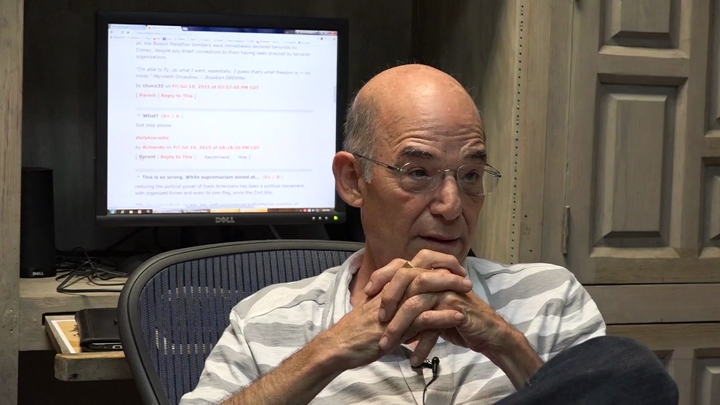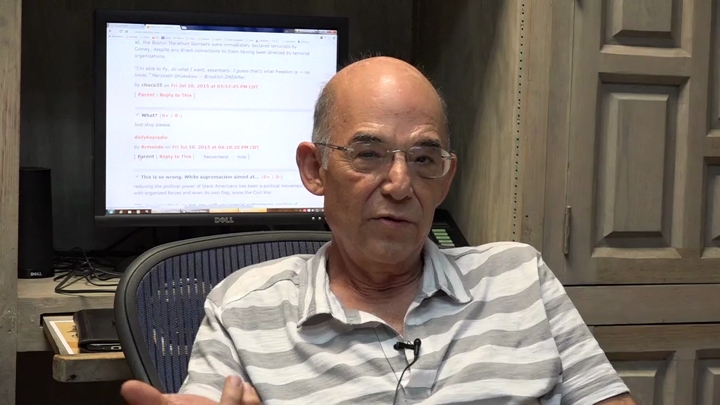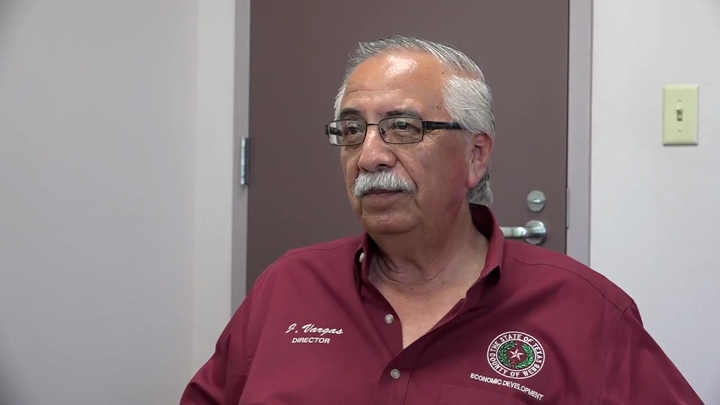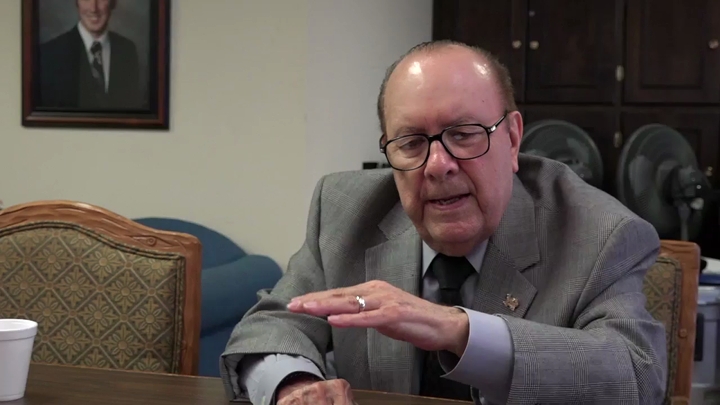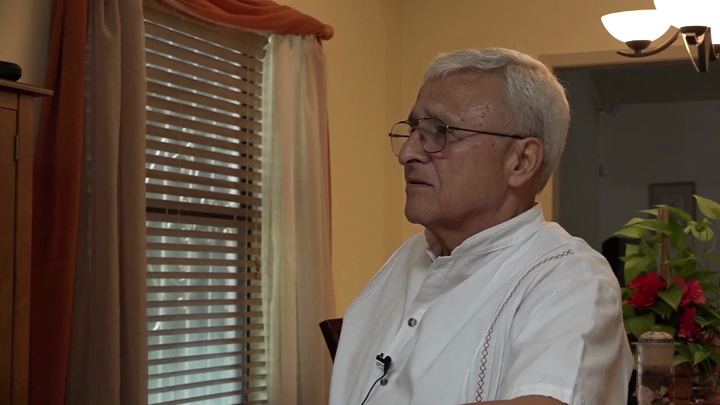De Anda / The Martin Machine, Part One
sign up or sign in to add/edit transcript
I don’t see The Martin machine as any different than the regular old run of the mill political patronage model for organizing a governmental entity. He and his group of people were masters at using the government and their control of the government to provide political patronage to people. In many ways what they did in itself was not such a horrible thing, in fact much of it was kind. Giving people jobs… helping out your friend by giving her daughter a job… doing a favor to somebody by paving their street. Lot of people took advantage of this getting to the end where he was brought down. I happened to be a city attorney at the time in 1979. He decided not to run for office anymore. The federal government charged him with federal crimes. And as part of a plea bargain, he agreed to make restitution. And so the U.S. attorney came to our office and said, ‘how much does he owe you?’ So we were trying to figure out ok how much did he steal. And so what we found was that it wasn’t so much that he was stealing anything, it was people under him were taking advantage of the situation and they were stealing. Stupid things like purchase orders for 500 batteries for the police department when the police department only had 100 cars. It was a model that was to a great extent was kind but it was chaotic at the same time. For example, while I was working for the city attorney office, the federal government was paying for a flight control project along one of our creeks but the city had to condemn the properties and take them under its name before the federal government would spend any money on it. And we found that a lot of people that were living there didn’t have title to the property. The property were streets that belonged to the city. Of course, they were in the middle of a creek so the streets weren’t used and never been used. Well, why’d you build your house here? ‘Well mayor martin said it was ok.’ So instead of somebody living in a park being homeless, the mayor said, ‘well hey we’re not using that street, you can ahead and use it.’ And so they built their little shack there and they lived their for 20 years by the time it was an issue. And you’d have somebody parking his refrigerated truck across the street from your house and you’d have to leave it on at night. It would keep you up. Well, if the mayor was your friend, you could pick up the phone and he had the police go out there. He would have the policeman go out there and take care of it. Instead of going through the red tape of well he could do it but he’s got a permit. The mayor wouldn’t care whether he had a permit, you’re bothering his friend so stop it. But it was chaotic in that there was no order to it and he ran the city in a way that allowed others to take advantage of their position for their own benefit. And there did not seem to be an interest in his part to improve the city
| Interview | Interview with Ricardo De Anda |
| Subjects | Court Cases |
| Police and Law Enforcement | |
| Electoral Politics | |
| Electoral Politics › Election Fraud | |
| Historic Periods › 1975-1979 | |
| Class and Status › Home Ownership and Class | |
| Electoral Politics › Local Elections | |
| Crime | |
| Tags | Tatangelo, Aldo |
| Martin, J. C. (Pepe) | |
| sign up or sign in to add/edit tags | |
| Interview date | 2015-07-10 |
| Interview source | CRBB Summer 2015 |
| Interviewees | De Anda , Ricardo |
| Duration | 00:05:57 |
| Citation | "The Martin Machine, Part One," from Ricardo De Anda oral history interview with , July 10, 2015, Laredo, TX, Civil Rights in Black and Brown Interview Database, https://crbb.tcu.edu/clips/1261/the-martin-machine, accessed March 04, 2026 |


